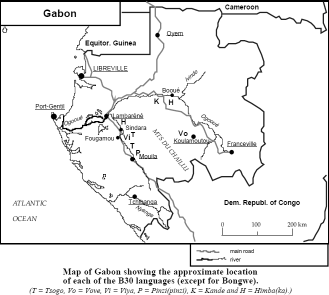Verbix on-line Verb Conjugator
Verb conjugation in tens of languages: Ukrainian, French, German, Italian, Arabic, Japanese, Latin, Spanish etc. Use this free web conjugation service as much as you need! More languages...
Featured Language: Bubi
Introduction.
Read more about Bubi in docs.verbix.com.

Tagged Books & Texts
Featured Text: Dom Casmurro
A book by Machado de Assis.![]() Portuguese: I. . Do titulo.. . Uma noite destas, vindo da cidade para o Engenho Novo, encontrei no trem da Central um rapaz aqui do bairro, que eu conheço de vista e de chapéo. Comprimentou -me, sentou -se ao pé de mim, falou da lua e dos ministros, e acabou recitando -me versos. A viagem era curta, e os versos póde ser que não fossem inteiramente maus. Succedeu, porém, que como eu estava cançado, fechei os olhos tres ou quatro vezes; tanto bastou para que elle interrompesse a leitura e mettesse os versos no bolso..
Portuguese: I. . Do titulo.. . Uma noite destas, vindo da cidade para o Engenho Novo, encontrei no trem da Central um rapaz aqui do bairro, que eu conheço de vista e de chapéo. Comprimentou -me, sentou -se ao pé de mim, falou da lua e dos ministros, e acabou recitando -me versos. A viagem era curta, e os versos póde ser que não fossem inteiramente maus. Succedeu, porém, que como eu estava cançado, fechei os olhos tres ou quatro vezes; tanto bastou para que elle interrompesse a leitura e mettesse os versos no bolso..
Tagged Paralleltexts
Featured Text: Nibelungenlied
The Nibelungenlied, translated as The Song of the Nibelungs, is an epic poem written around 1200 in Middle High German.![]() Middle High German: uns. ist. in alten mæren. wunders vile geseit.. von heleden lobebæren. von grôzer arebeit.. von vröuwede unde hôchgezîten von weinenne unde klagenne.. von küener recken strîtenne. müget ir nû wunder hoeren sagen..
Middle High German: uns. ist. in alten mæren. wunders vile geseit.. von heleden lobebæren. von grôzer arebeit.. von vröuwede unde hôchgezîten von weinenne unde klagenne.. von küener recken strîtenne. müget ir nû wunder hoeren sagen.. ![]() English: To us in olden story / are wonders many told. Of heroes rich in glory, / of trials manifold:. Of joy and festive greeting, / of weeping and of woe,. Of keenest warriors meeting, / shall ye now many a wonder know..
English: To us in olden story / are wonders many told. Of heroes rich in glory, / of trials manifold:. Of joy and festive greeting, / of weeping and of woe,. Of keenest warriors meeting, / shall ye now many a wonder know..
Verb Cognates
Cognates are words that have a common etymological origin.
Language Maps
Find language related maps here!
About Verbix
Verbix is an independent non-profit organization that aims to promote and protect linguistic diversity. This site and the Verbix for Windows software support verb conjugation in hundreds of languages, ranging from national and international languages to regional and even extinct languages.
If you find any of the services useful or want to contribute to the promotion of the linguistic diversity feel free to support us! Support Verbix
About Verb Conjugation
Verb conjugation is the creation of derived forms of a verb from its principal parts by inflection. Principal parts is sometimes the infinitive like "cantar" in Spanish, but it can also be verb theme like "skriva - skrev -skrivit" in Swedish. Read more...